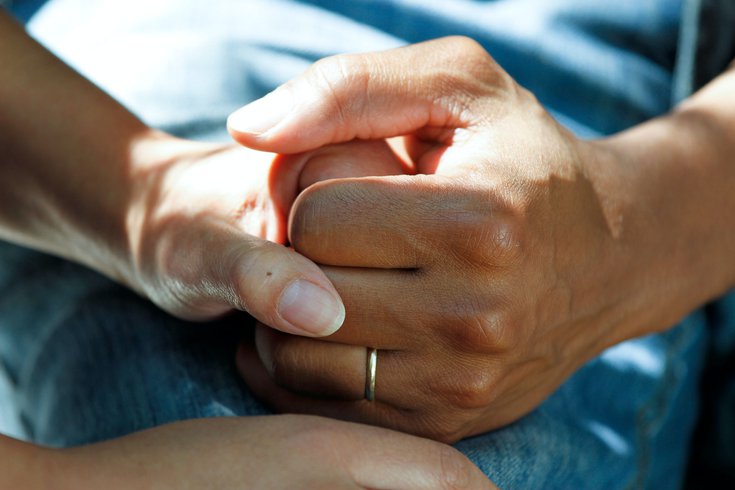
January 12, 2022
 National Cancer Institute/Unsplash
National Cancer Institute/Unsplash
Medicaid patients living in states with lower income eligibility requirements have worse survival rates for most cancers compared to those living in states with high income eligibility requirements, a new study shows.
Medicaid patients living in states with lower income eligibility limits have worse survival rates for most cancers, regardless of stage, according to a new analysis.
This suggests that "increasing Medicaid income eligibility could be an important policy lever for improving survival after cancer diagnosis," said Jingxuan Zhao, a senior associate scientist at the American Cancer Society.
Researchers analyzed National Cancer Database data on 1.4 million U.S. adults who were newly diagnosed with 19 common cancers between 2010 and 2013. The participants, ages 18-64, had newly diagnosed cancers and were followed for up to eight years.
The study broke states into three categories based on their Medicaid income eligibility requirements: those with income requirements 50% or less of the federal poverty level, those between 51-137%, and those 138% or greater.
Participants living in states with lower Medicaid income eligibility requirements had worse survival rates for most cancers compared to those living in states with high Medicaid income eligibility – households at 138% of the federal poverty level.
The findings highlight how critical Medicaid policies are to cancer survival, the researchers said. Health insurance may improve access to timely care and increases the likelihood that a patient fully completes treatment.
Access to treatment, especially advanced therapies like immunotherapy, is strongly associated with survival among patients diagnosed with cancers that have effective treatments, the researchers added. Patients with health insurance also are more likely to have access to monitoring and specialized care even after survival.
Income eligibility for Medicaid is based on the federal poverty level, which is determined by the U.S. Department of Health and Human Services. The 2021 federal poverty level was $12,880 for an individual and $21,960 for a family of three.
In Pennsylvania and New Jersey, the income limits is about 133% of the federal poverty level. To qualify, individuals cannot have a pre-tax income greater than $17,131. Families of three cannot exceed a household income of $29,207.
States with the highest income eligibility have limits of 138% or more of the federal poverty level.
The findings were published online in the journal JCO: Oncology Practice.